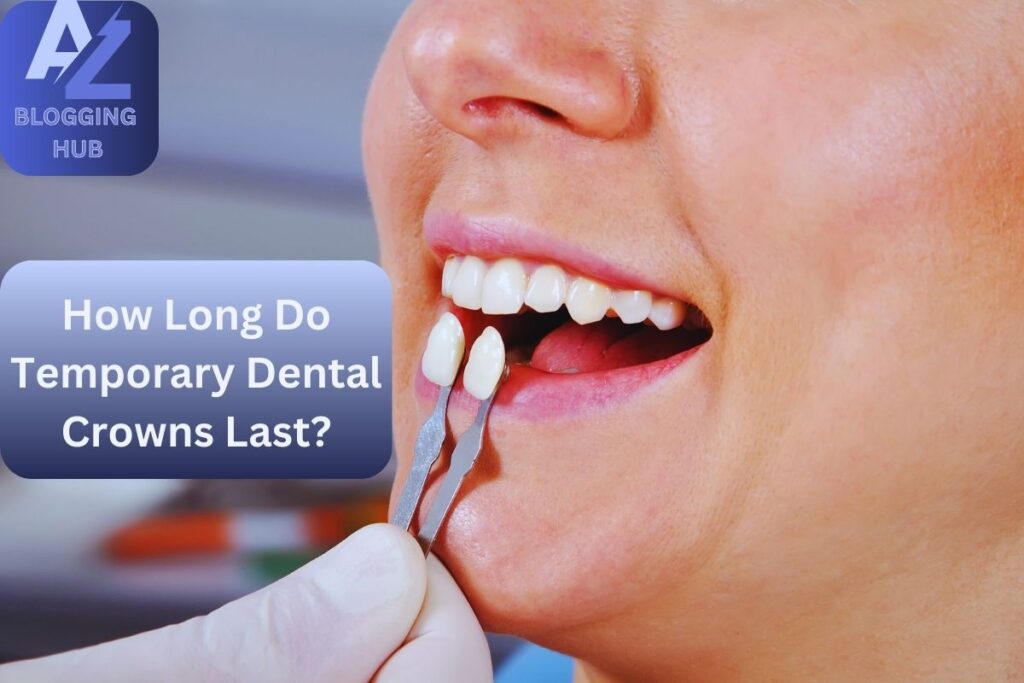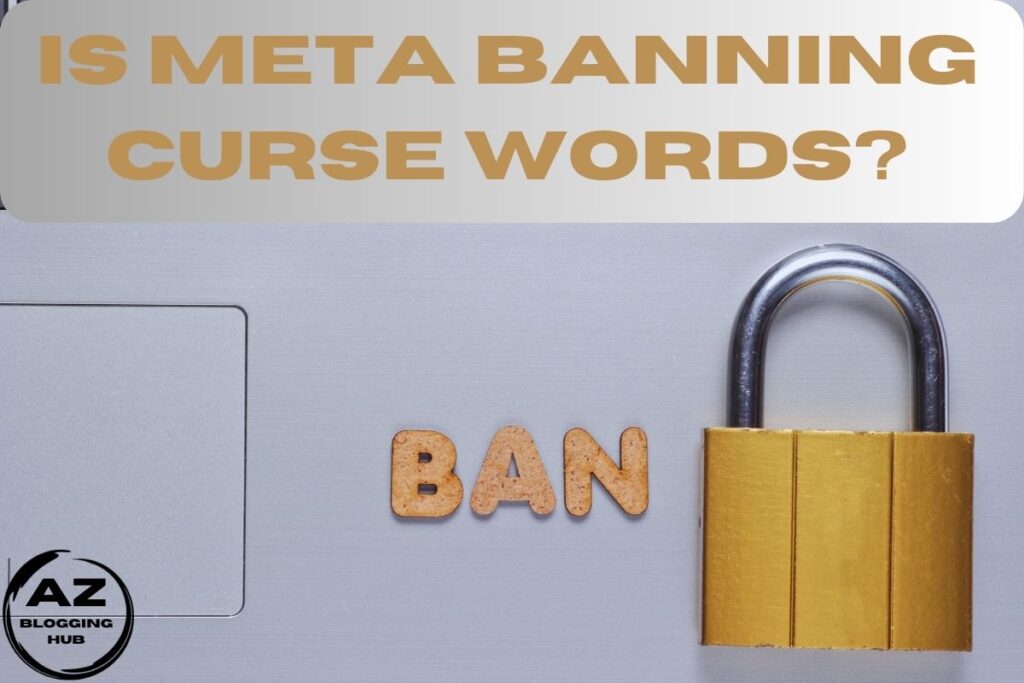How Long Do Temporary Dental Crowns Last?
What is the lifespan of temporary dental crowns? While you wait for your permanent crown, this important detail will impact both your dental health and your peace of mind. Let’s examine how long temporary dental crowns last and provide helpful advice on how to properly maintain them.
Temporary Dental Crowns: What Are They?
In order to protect a tooth while your permanent crown is being created, temporary dental crowns are used. This is why they are necessary:
Following Root Canals
Following a root canal, a temporary crown preserves the treated tooth and keeps it functional.
Tooth Preparation
To keep the tooth intact and functional, a temporary crown serves as a stand-in until a permanent crown is ready.
Components of Temporary Crowns
Different materials affect temporary crown durability:
Acrylic Crowns
While more widely used, acrylic crowns are not as sturdy. They may wear out in a matter of weeks, but they are inexpensive and simple to modify.
Composite Resin Crowns
Suitable for front teeth, composite resin crowns are renowned for their superior looks. Although they can stain over time, they are more resilient than acrylic.
Stainless Steel Crowns
Ideal for molars and pediatric dentistry, stainless steel crowns are extremely strong and resistant to wear. In general, they outlast composite or acrylic crowns.
For What Duration Do Temporary Crowns Usually Last?
The typical lifespan of temporary dental crowns is two to three weeks. This duration includes the time required by your dental lab to create a permanent crown that is unique to you. This is the reason why:
Fabrication Time
This time allows for the meticulous process of creating a custom-made permanent crown to ensure optimal fit and functionality.
Individual Variations
A temporary crown‘s longevity may differ according to the material utilized, dental hygiene practices, and dietary choices.
Being aware of this average time frame will help you control your expectations and make sure you’re ready for the last phases of your dental repair.
Can a Temporary Crown Last 2 Months?
Temporary dental crowns usually last two to three weeks; however, they can need to last longer in some cases. Can a temporary crown last two months? A temporary crown can last two months, but consult your dentist. The chance of the crown breaking or coming off increases with prolonged use.
Temporary Crown Left on Too Long
Wearing a temporary crown for too long might lead to a number of problems. These include more wear, potential damage, and a higher chance of the crown falling loose. It’s critical to adhere to your dentist’s replacement schedule for temporary crowns in order to prevent issues.
I’ve Had a Temporary Crown for a Year
I’ve had a temporary crown for a year; if this describes you, you really need to go in to the dentist right away. Prolonged use of temporary crowns might result in more serious dental problems, such as gum disease, decay, and even loss of teeth.
How Long Does Temporary Cement Last on a Crown?
How long does temporary cement last on a crown? Temporary cement typically holds a temporary crown in place for two to three weeks. But things like nutrition and dental health can affect how long it lasts. Avoiding firm and sticky foods is critical to preserving the cement’s integrity.
Can I Use Mouthwash with a Temporary Crown?
With a temporary crown, you can use mouthwash; just make sure it’s non-alcoholic. Can I clean my temporary crown with mouthwash? Mouthwashes that contain alcohol may erode the temporary crown‘s glue. To keep your mouth clean without endangering your crown, use a moderate mouthwash containing fluoride.
How Long Does a Temporary Crown Last After Root Canal?
How long does a temporary crown last after root canal? A temporary crown implanted during a root canal usually lasts two to three weeks, similar to other circumstances. The crown shields the tooth until a permanent crown can be placed; the tooth may become more brittle following surgery.
Temporary Crowns on Front Teeth
Temporary crowns on front teeth frequently use composite resin and other more aesthetically pleasing materials. They don’t last as long as other materials, but they look natural, which is important for teeth that are visible. When taken care of properly, they will stay in place until your permanent crowns are available.
DIY Temporary Tooth Cap: A Step-by-Step Guide
Even though visiting a dentist is usually preferable, if you’re in a pinch, you might be wondering how to create a temporary tooth cap for yourself. Here is a crucial, detailed how-to:
- Clean the Tooth: Give the tooth a quick rinse with warm water to ensure that it is clean.
- Form a Mold: To form a cap, use sugar-free gum or dental wax.
- Apply the Cap: Cover the tooth with the mold, adjusting it to your comfort level.
- Seek Professional Assistance: For a suitable remedy, get in touch with your dentist right away.
Factors Influencing the Longevity of Temporary Crowns
Your temporary crown‘s duration can vary depending on several factors:
Material
| Material | Pros | Cons |
|---|---|---|
| Acrylic | Cost-effective, easy to adjust | Less durable, prone to wear |
| Composite Resin | Better aesthetics, more durable | Prone to staining and wear |
| Stainless Steel | Highly durable, resistant to wear | Less aesthetic appeal |
The material selection greatly affects the durability of your crown. For instance, crowns made of acrylic may not last as long as crowns made of stainless steel or composite resin.
Placement
It’s important to locate your dentist correctly. A well-fitting crown will stay in place and perform as intended. An improperly positioned crown could move or come loose, thereby reducing its lifespan.
Dental Hygiene
To increase the life of your temporary crown, you must practice good dental hygiene. Adhere to these guidelines:
- Brushing: Use non-abrasive toothpaste and a soft-bristled toothbrush.
- Flossing: Use a gentle side-to-side motion when flossing around the crown to prevent it from coming loose.
If not removed through good dental care, plaque affects both the tooth’s underlying structure and the crown.
Nutrition
Your food greatly influences the durability of your temporary crown. Don’t:
- Hard Items: Hard items like ice, candy, and nuts can cause damage to the crown.
- Sticky Foods: Gum and caramel are examples of sticky foods that can make the crown loose.
Eating soft, non-sticky foods will help you keep your temporary crown intact and your teeth healthy overall.
Routines
There are several habits that can shorten your temporary crown‘s life.
- Bruxism: Bruxism, or grinding one’s teeth, can erode or harm the crown. Use of a mouthguard should be considered if you grind your teeth, you should consider using a mouthguard.
- Chewing on Non-Food Items: If you chew on pens, ice, or fingernails, you can damage your crown.
It is possible to preserve your temporary crown and make sure it lasts until your permanent crown is ready by being aware of these habits and making the required adjustments.
Conclusion
Understanding how long temporary dental crowns last helps you manage your dental care effectively. Remember, temporary crowns are a short-term solution, typically lasting 2 to 3 weeks. With proper care, they can protect your tooth and maintain your smile until your permanent crown is ready. If you have any concerns or if your temporary crown has been in place for an extended period, consult your dentist promptly.
Have questions about your temporary crown’s lifespan? Schedule an appointment with your dentist today to address any concerns or issues.
FAQ: Temporary Dental Crowns
Q.1 Can a Temporary Crown Last 6 Months?
Can a temporary crown last 6 months? While temporary crowns are generally designed to last 2 to 3 weeks, there are instances where they might be in place for a longer period. However, it’s not recommended to keep a temporary crown for 6 months. Extended wear can lead to several problems:
1. Increased Risk of Damage: A temporary crown worn beyond its intended duration is more susceptible to damage, such as cracks or wear.
2. Oral Health Issues: Prolonged use can cause issues like decay or gum disease if the temporary crown is not properly fitted or maintained.
3. Fit and Function: The crown may no longer fit properly, affecting your bite and potentially leading to discomfort or further dental complications.
If you find yourself needing a temporary crown for an extended period, consult your dentist to discuss the best course of action to avoid potential problems.
Q.2 Can a Temporary Crown Wear Away?
Can a temporary crown wear away? Yes, temporary crowns can wear away over time. This is especially true if the crown is made from less durable materials like acrylic. Factors contributing to the wear of a temporary crown include:
1. Material: Acrylic crowns are more prone to wear compared to materials like stainless steel or composite resin.
2. Diet: Consuming hard or sticky foods can accelerate the wearing process.
3. Oral Hygiene: Poor oral hygiene can lead to plaque buildup around the crown, potentially leading to wear or loosening.
To minimize wear, avoid hard and sticky foods, maintain good oral hygiene, and follow your dentist’s care instructions.
Q.3 How Long Can You Go If Your Temporary Crown Falls Off?
How long can you go if your temporary crown falls off? If your temporary crown falls off, you should seek dental attention as soon as possible. In the interim:
1. Reapply Carefully: If possible, gently place the crown back on the tooth. You can use a temporary dental adhesive as a short-term fix, but this is not a long-term solution.
2. Avoid Using the Tooth: Try not to chew or apply pressure on the affected tooth until you see your dentist.
3. Schedule an Appointment: Contact your dentist immediately to have the crown reattached or to discuss alternative solutions. Waiting too long can lead to additional complications, including damage to the underlying tooth.
Your dentist will provide guidance on the next steps to ensure your tooth remains protected until a permanent solution is in place.
Q.4 Do Temporary Crowns Crack Easily?
Do temporary crowns crack easily? Temporary crowns can crack, but the likelihood depends on several factors:
1. Material: Crowns made from acrylic or composite resin are generally more susceptible to cracking compared to stainless steel crowns.
2. Diet: Eating hard or sticky foods can increase the risk of cracks.
3. Placement and Fit: A poorly fitted crown or one that has not been properly placed can be more prone to damage.
To minimize the risk of cracking, avoid hard and sticky foods, and maintain good oral hygiene. If you notice any signs of cracking or discomfort, contact your dentist for an evaluation and potential replacement of the crown.



